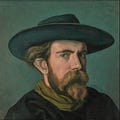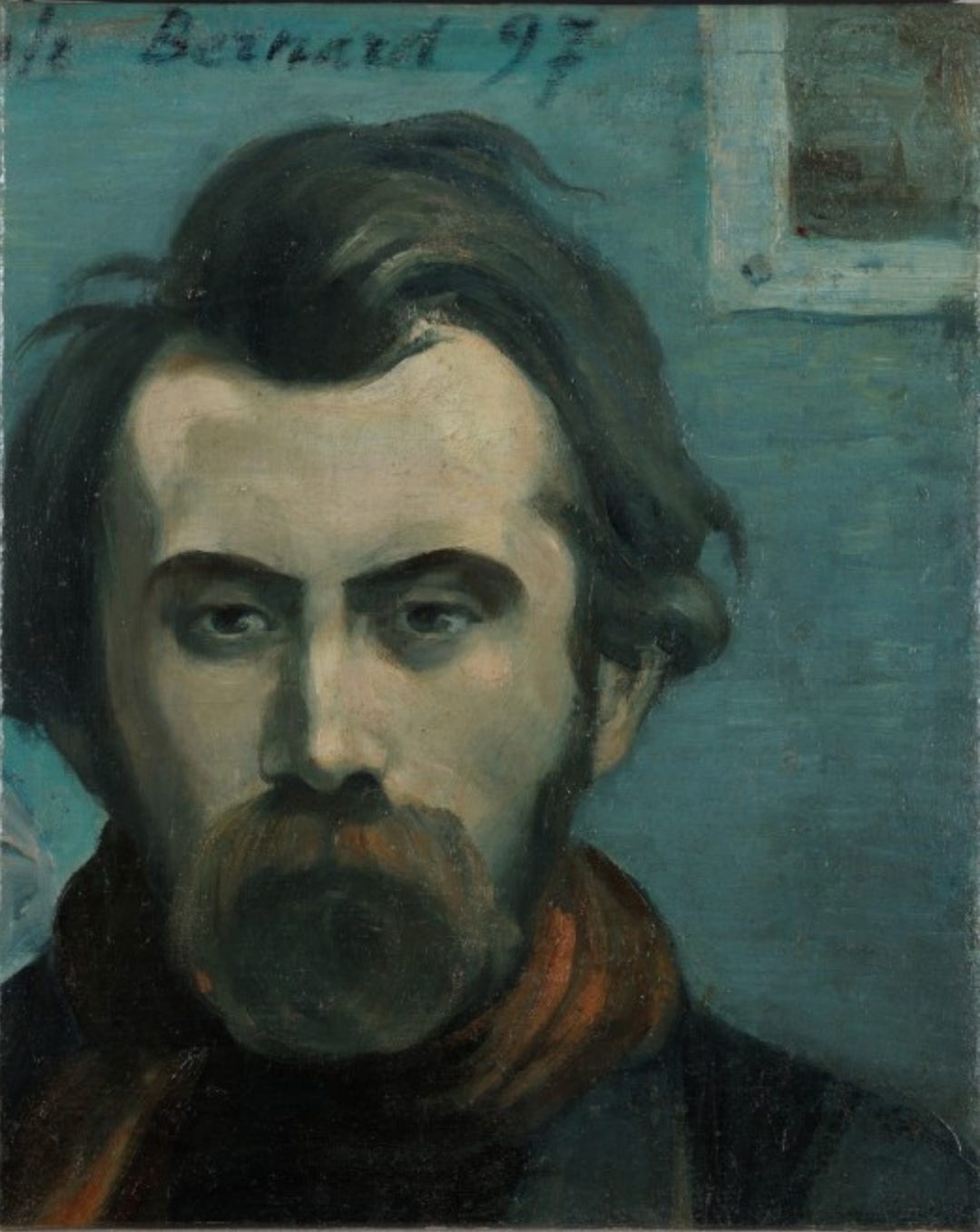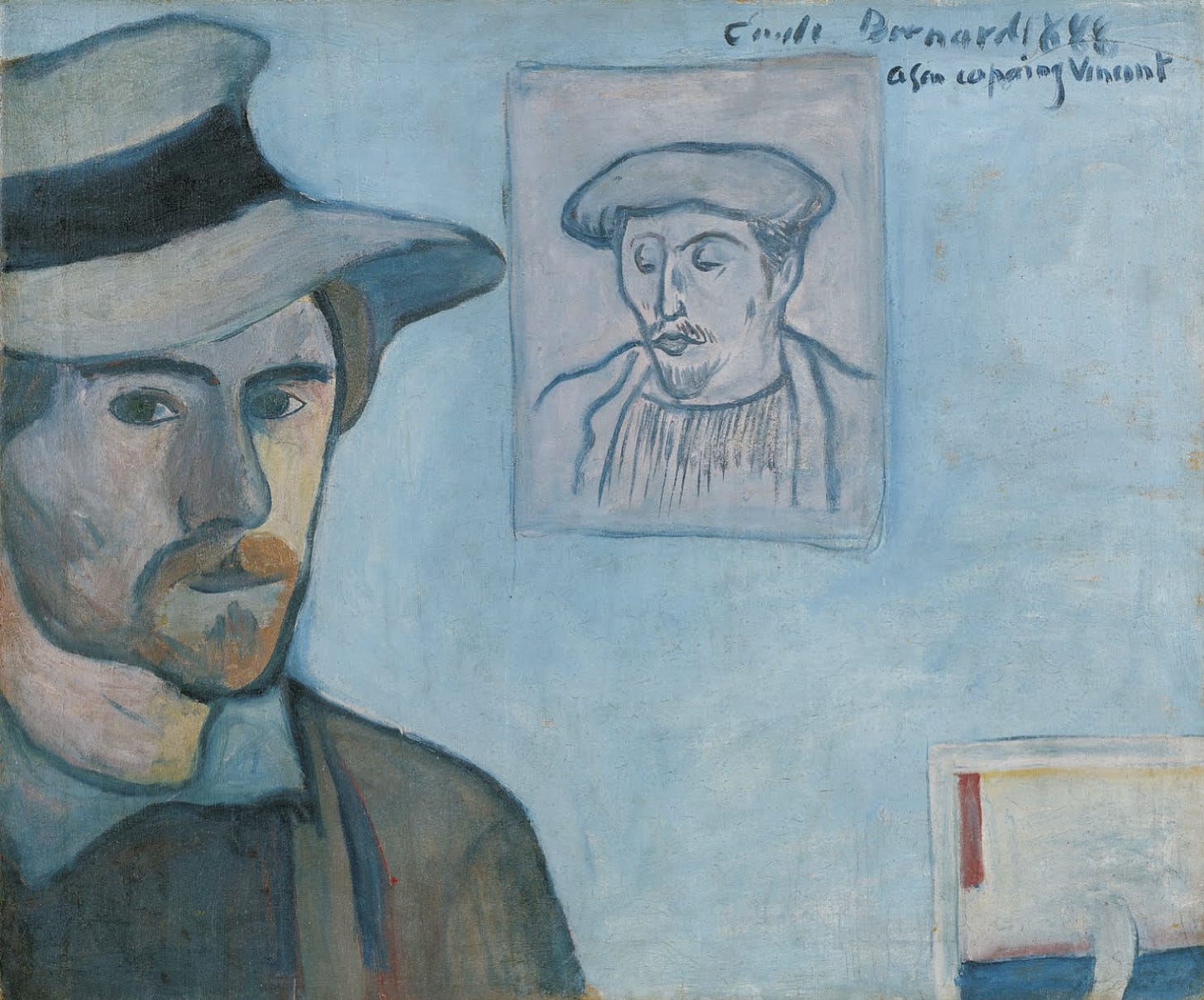Welcome to English Teacher Weekly—your source for what’s worthwhile from the worlds of literature, education, Christian thought, and the humanities.
My role here is that of a digital florist. It’s about selection and arrangement. What’s fresh? What’s inspiring? What suits the table? If all goes well, this week’s bouquet will enliven the day-to-day with a little literary zest. A touch of beauty, a bit of whimsy, a dash of the eccentric. ETW is here to serve. Enjoy this week’s edition.
If you’d like to contribute to ETW, I’m running a Back to School Special of 50% off the typical yearly subscription cost! Thank you for reading, sharing, and being a part of this project.
THIS WEEK’S FEATURES
Dame Judi Dench’s Shakespeare
Here’s a delightful conversation between Dame Judi Dench and Brendan O’Hea about her lifetime of Shakespeare performances. The list of living actors who have invested as much time and energy embodying Shakespeare’s characters as Dench is quite short. The two co-authored a new book called Shakespeare: The Man Who Pays the Rent.
has this review of the book for The Bulwark: “Dench used her uncanny instinct to embody Shakespeare’s women, and uses her ample intelligence to explain years later what she has done onstage.”I love this anecdote that Valiunas includes in his piece:
The usual pressure of contemporary politics on the performing artist’s mind is often deleterious, but occasionally it can provoke a startling and useful insight. When the director Trevor Nunn was asked about a 1970s Royal Shakespeare Company production whether the Macbeths were the Nixons (the epitome, no right-thinking person can doubt, of crass ambition and ruthless grasping), the shrewdness of his reply brilliantly illuminated the play: “He said, ‘No, they’re the Kennedys.’ They’re the golden couple. They adore each other. And she’ll do anything for him. If he wants to be king, it will come to pass.” Dench perceives how this conjugal perfection with its erotic glamour at the outset prepares the way for Lady Macbeth’s shattering swift descent into loneliness, madness, and suicide. “She enabled Macbeth to murder Duncan because she thought that’s all it would require. But that wasn’t enough for him, and she can’t go any further with it. So he goes on and on and on, getting more voracious and ambitious, and she remains behind—alone. All’s spent.
“And that’s why I think she dies. Nothing exists of their marriage, which is why you have to establish how wonderful it is at the beginning.”
Enchantment
Enchantment is having quite a moment lately, and I’m all here for it. Take, for examples, Paul Kingsnorth’s Holy Wells series or Martin Shaw’s mythopoetics—even the NYT’s Russ Douthat’s new book would fit the bill. The world of the spirit is en vogue, at least within a certain small niche of Christian culture. For better or worse. Here is a brief round up of how writers are attempting to get into the spirit:
Alan Jacobs and Brad East have been writing back and forth about what Christian “enchantment” means. As Jacobs puts it: “You want to live in an enchanted cosmos? Cool. But be careful what you wish for.”
I really enjoyed this passage from Reynolds Price, remembering his childhood, in a recent post from Jacobs:
By then, in the countryside near my parents’ home, I had also undergone solitary apprehensions of a vibrant unity among all visible things and the thing I guessed was hid beneath the visible world — the reachable world of trees, rocks, water, clouds, snakes, foxes, myself, and (beneath them) all I loved and feared. Even that early I sensed the world’s unity as a vast kinship far past the bond of any root I shared with other creatures in evolutionary time, and the Bible stories had begun to engage me steadily in silence and to draw me toward the singular claim at their burning heart — Your life is willed and watched with care by a god who once lived here.
Here is Jacobs’ commentary:
Note that in the young Price’s experience, the perception of the “vibrant unity of all visible things” and the guess that some deeper unity lay beneath and beyond it led to something more surprising, challenging, and specific. That “singular claim” that he perceived is all that I place my hope and trust in, and I am disinclined to pursue avenues of reflection that seem to promise metaphysical comfort without reminding me that my life is willed and watched with care by a God — the only God there is — who once lived here.
In related news, Rod Dreher offers these introductory thoughts to his new book Living In Wonder—“So: why is enchanted Christianity so important — indeed, even urgent? In short, because its true, and it draws you closer to living in truth.”
Nadya Williams’s reviews David Bentley Hart’s All Things Are Full of Gods: The Mysteries of Mind and Life for Christianity Today—“To say that this book broke my brain would be an understatement.” The book is a philosophical dialogue wherein “a group of aging Greek gods have gathered to discuss the nature of existence, the mystery of mind, and whether there is a transcendent God from whom all things come.” From Williams’s review:
Here, Hart’s meditation—for this book is more a meditation in dialogue form than any sort of traditional argument—centers around two essential premises that Psyche painstakingly tries to prove by drawing on examples from the past two and a half millennia of philosophy. First, that God and the divine or spiritual world are intensely, palpably real. Second (and most important), that the visible world is not all that there is—in fact, the things unseen are more real.
Zadie Smith own a Flip Phone
Zadie Smith on the Ezra Klein Show, talking about her new novel The Fraud, as well as our current digital media landscape:
And I don’t think anyone of my age who knows anyone they knew in 2008 thinks that that person has not been seriously modified.
And that’s OK. All mediums modify you. Books modify you, TV modifies you, radio modifies you. The social life of a 16th-century village modifies you. But the question becomes: Who do you want to be modified by, and to what degree? That’s my only question.
And when I look at the people who have designed these things — what they want, what their aims are, what they think a human being is or should be — the humans I know and love, this machinery is not worthy of them. That’s the best way I can put it.
And I speak as someone who grew up as an entirely TV-addicted human. I love TV. I love reading. Modification is my bread and butter. And when the internet came, I was like, hallelujah. Finally, we’ve got a medium which isn’t made by the man or centralized. We’re just going to be talking to each other, hanging out with each other, peer to peer. It’s going to be amazing. That is not the internet that we have. That is not what occurred.
Words for Conviviality
Here is Benjamin Myers’s review of Words for Conviviality by Jeffrey Bilbro, a study of media technologies and their effect on society. In the book, Bilbro goes back to the American Renaissance of Ralph Waldo Emerson:
We’re more than autonomous, interchangeable consuming units. Human flourishing requires what Edmund Burke called “little platoons,” those immediate attachments that give our lives meaning beyond our individual desires. We’re embedded in communities like families, churches, and neighborhoods. Techno-optimism threatens those bonds.
For example, Ralph Waldo Emerson’s techno-optimism imagines each of us as a “transparent eyeball” unchained from tradition, community, and kinship, fully equipped to access truth without mediation. Emerson thus contributes to the deterioration of the essential Reformation project of reading the Bible for yourself into the superficial practice of reading the Bible entirely by yourself. His perspective fragments the foundations of the church as a community focused on understanding and applying Scripture together.
We often think of great writers as rebels against the materialist zeitgeist, yet Emerson’s brand of transcendentalist freedom serves the ethos of the atomized consumer. Are you unhindered by any creed? Buy this “coexist” bumper sticker. Buy this Mercedes to put it on. Untethered from mediating and contextualizing communities, we become easy prey for those who sell us new identities each morning. Worse, we become sitting ducks for those who liberate us from tradition only to enslave us to the regime of the moment.
Bilbro offers in juxtaposition to the solipsistic Emerson the notoriously reticent poet Emily Dickinson, demonstrating how Dickinson’s seeming reclusiveness evidences a deeper form of community. Dickinson refused to participate in industrial print, preferring to circulate her work in a more personal, epistolary manner. According to Bilbro, Dickinson “shares her soul’s art in these marginal human and relational contexts because she saw the end of language as well-tended relationships rather than fame or profits” (143). She wrote poems for people she knew personally. If we, too, saw relationships as the goal of writing, perhaps we’d still publish, but would we tweet?
For the record, I’m not convinced it was Dickinson’s intent to refuse participation in the publishing industry, but the effect of her smaller, more intimate circle of readership remains true nonetheless. Maybe it was, but I also have the sneaking suspicion that Dickinson would have a sick Twitter account. Who would be the better Twitter follow, Dickinson or Whitman? Let me know in the comments.
Here is an excerpt from Bilbro’s Words for Conviviality at The Front Porch Republic: “Twenty-Six Theses on Textual Technologies.”
Theory and The Novel
For Public Books, Brendan Chambers reviews two new books of literary theory: Anna Kornbluh’s Immediacy, or The Style of Too Late Capitalism and Daniel Wright’s The Grounds of the Novel:
If faith in something as abstruse as literary theory seems absurd, consider a more familiar vehicle of human knowledge: the novel. As a form, “the novel” has the capacity to operate in two registers simultaneously, representing both the enormous breadth of the social world and the intricate minutiae of the individual life. There is no reason why theory, taken collectively, cannot or should not do the same, providing us with the language to describe the abstract operations of cultural systems and the concrete foundations of everyday experience. Given the scope of the crisis before us, we will need theory of all stripes to find our way forward.
Problems in Library Land
There’s trouble afoot at the local library. A recent court ruling has denied non-profit organizations’ “fair use” practice of digitizing and lending, on a one-to-one basis, print books from their collection. This prohibition, combined with the fact that most libraries’ ebooks are leased instead of owned, could mean a severe limitation to the distribution of books and information.
Dan Cohen explains the situation very well in his newsletter Human Ingenuity:
A small minority — perhaps 20% — of the over 100 million books ever published are in the public domain, and you can freely read many of them in digital formats in Google Books, HathiTrust, or the Internet Archive. But a surprisingly large percentage of books — perhaps 80% — have been published in the last century and technically remain in copyright, and thus governed by this new court ruling. Few of them, however, will ever be made into ebooks. Most of them are “orphan works,” in which the copyright holder is unclear or cannot be located, or are out of print — long past their commercial lifetime.
The universe of books is therefore like an iceberg that is mostly submerged and invisible, millions and millions of volumes that are largely inaccessible unless you have direct access to a massive physical library. Will libraries be able to bring light to the dark part of this gargantuan collection, providing digital access to readers who live at a distance or who prefer an ebook to paper?
But as Cohen concludes in his post, good news may be on the way with a new agreement between The Digital Public Library of America (DPLA) and Independent Publishers Group (IPG) that should allow libraries to purchase, rather than lease digital texts.
For a palate cleanser: For Frontier Magazine’s 100th issue celebration, they published this collection of the most beautiful recently built library buildings. (via Robin Sloan’s newsletter)
THE HYPERLINK GARDEN
- of has collected an excellent “scattering of thoughts and links on the teaching and learning of English as a secondary-school subject in the infant years of Generative AI”
Simon & Schuster has been caught selling fake limited edition signed copies of Bob Dylan’s Philosophy of Modern Song for $600 each: “As it turns out, the limited edition books do contain Bob’s original signature, but in a penned replica form. We are addressing this information by providing each purchaser with an immediate refund.”
From The Times Literary Supplement: Ian Sansom’s “The Case for Pencils”
As referenced in the previous item, C. W. Pencil Enterprise is a now closed pencil shop on the Lower East Side of NYC. Fortunately, the website it still up and running, along with their series, “Pencils in Literature,” where they track the use of pencils in famous works of literature. Check out their post on Hemingway’s A Moveable Feast or this one on Milne’s Winnie-The-Pooh, wherein Christopher Robin bequeaths Pooh with a special pencil case “which shut with a click when you clicked it.”
From the folks at Mockingbird: Our Favorite Novels of the 21st Century (So Far)—their “Non-Definitive, Grace-Centric List”
A new research report from Common Sense Media: The Dawn of the AI Era: Teens, Parents, and the Adoption of Generative AI at Home and School
For Forbes,
reports on a recent study by the American Historical Association on the state of US history education in American secondary schools: “The researchers concluded that there is an ‘informal culture of history teaching grounded in common goals and a shared professional sensibility’ and that the history typically taught in public high schools is ‘not riddled with distortions or omissions.’” You can read the report here.- ’s thoughts on Matt Walsh’s movie Am I Racist? and Lord of the Flies
“So, a Chatbot Did Your Homework” by Scott Riyeff for Plough Magazine—
“We want to invite [our students] into work that is meaningful to them, challenges their current horizon, and leads them to ask more questions and wonder how the world could be this way and how it could be different. And, perhaps, to do something about it.”
’s epic compilation of the best history books: “The Flavors of Faux History: Preparing for the Collapse of Knowledge”Take the NYT’s literary quiz: “Do You Know Where in the World These Novels Are Set?” (Gift link)







Thank you for the Judi Dench. I have become transported just looking at the videos from her and Royal Shakespeare (not even watched yet). And Dench’s book will surely be a lifetime treasure.
That Zadie Smith quote is really going to keep me thinking for a while.